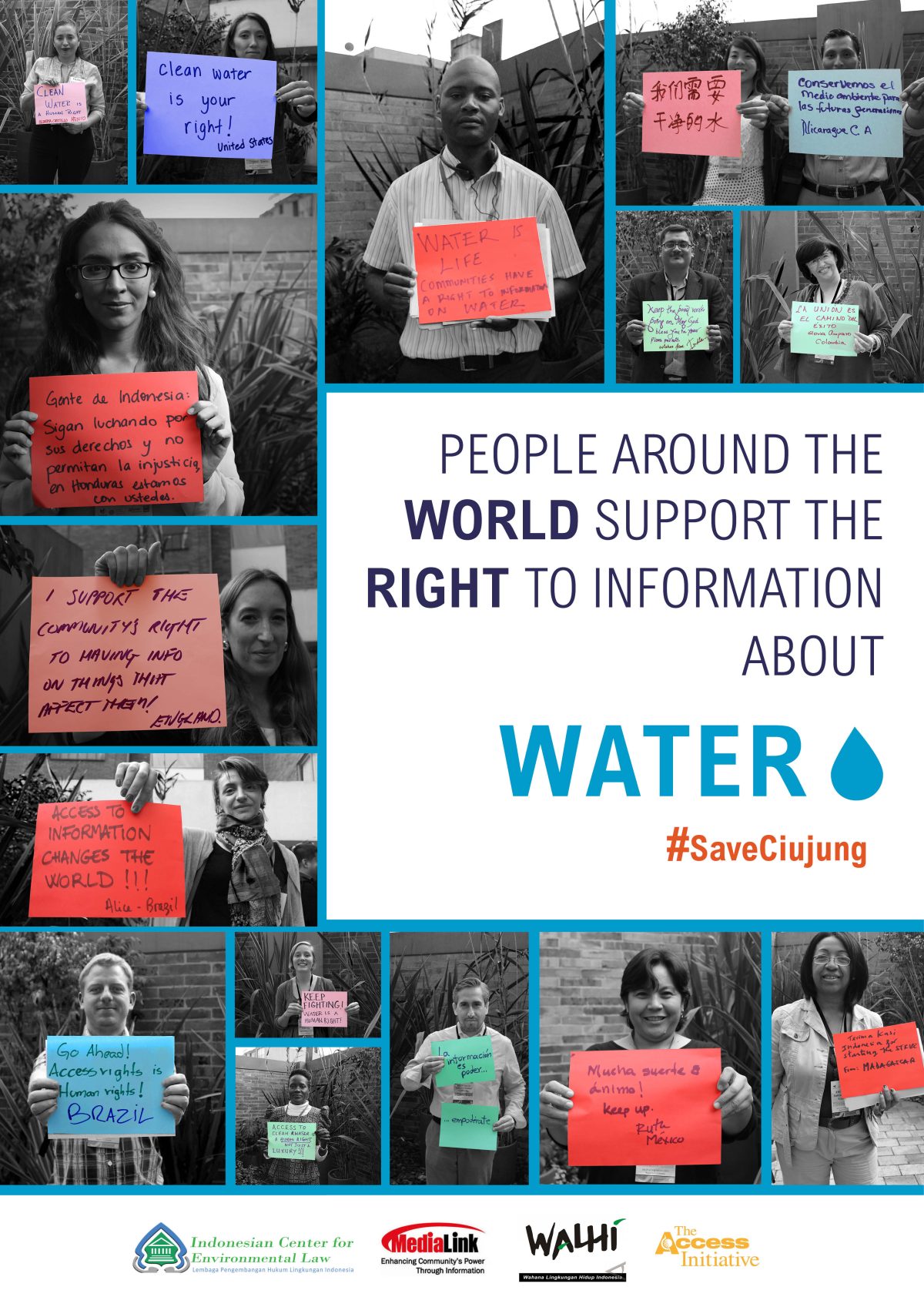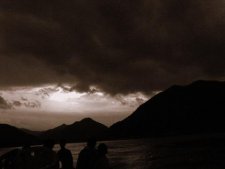By Lalanath de Silva (Posted: January 28, 2008)
For the first time in its ten-year history, the National Environmental Appellate Authority* (NEAA) has overturned a decision by the Government of India, quashing an environmental clearance granted by the Ministry of Environment and Forests. In its decision, the Appellate Authority cited a failure of public participation and access to information.
On December 19, 2007, the NEAA quashed environmental clearance for the Polavaram Multipurpose project granted by the Ministry of Environment and Forests. The project, which would have displaced close to 3000 families (totaling about 200,000 people) in the States of Andhra Pradesh, Orissa and Chattisgarh, was to have included a hydroelectric power component of 960 MW and irrigation facilities. The project was proposed by the State of Andrah Pradesh.
The project was opposed by civil society organizations on the grounds that the required Environmental Impact Assessment had been performed inadequately, and the Ministry of Environment and Forests had failed to conduct any public hearings in the affected States of Orissa and Chattisgarh.
During the hearing, both States contended that the legally required environmental clearance was granted by the Ministry of Environment without considering the opinion of the states though they were affected by submergence.
Immediately after the Appellate Authority’s decision, the State Government (Andrah Pradesh) filed a petition for the Andra Pradesh High Court (the highest court in the State) to review the case. The Court has now temporarily suspended the decision of the Appellate Authority and fixed a hearing for February 11.
The NEAA found that:
- People to be affected by the project had no access to the executive summary in the notified place
- People to be affected by the project had no opportunity to participate in public hearings and express their view on the likely environmental impact of the construction of the project
The Appeal against the clearance was filed by Dr R. Sreedhar of Academy for Mountain Environics and represented by Ritwick Dutta. Dutta is a leader of the TAI network in India, and is preparing to launch a formal, TAI assessment of access to justice, public participation, and access to information in Northern India.
*The National Environmental Appellate Authority is the only competent Authority set up by Parliament through an Act to hear appeals from aggrieved/ affected persons against the grant of environmental clearances by the Ministry of Environment and Forests to different projects across the country.
Links
- Coverage from the Wall Street Journal
- HC order suspending Appellate Authority order
- Latha Jishnu: The environment’s back in business
Business Standard, India – Jan 11, 2008
- Orissa to oppose Andhra HC order on Polavaram
KalingaTimes, India – Jan 9, 2008
- HC suspends order on Polavaram
Andhra Cafe, India – Dec 31, 2007
- CPI to inspect irrigation project sites
Andhra Cafe, India – Dec 31, 2007
- Polavaram: Congress sure of its completion
Siasat Daily, India – Dec 26, 2007
- Polavaram: State urged not to stand on prestige
- Hindu, India – Dec 26, 2007*
- Polavaram project: Environmental clearance quashed
Merinews, India – Dec 26, 2007
- Environmental clearance quashed to Polavaram
Andhra Cafe, India – Dec 24, 2007

